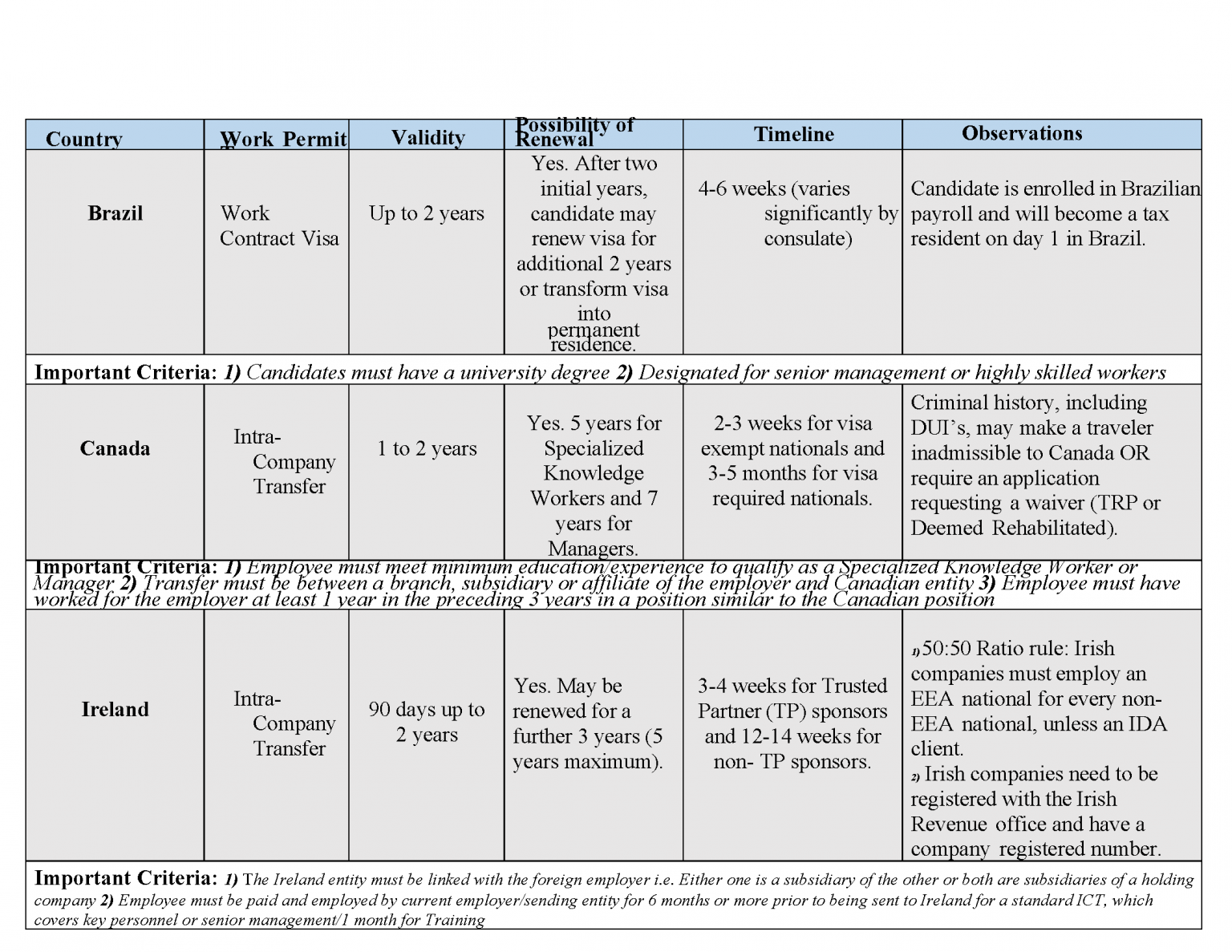Global Parking Might Be Best Option if Denied H-1B Case
After implementing some updated guidelines last spring, the U.S. Citizenship and Immigration Services (USCIS) started to release the H-1B visa lottery results for 2022 and 2023. One of the new guidelines capped registration at an annual quota of 85,000. From that number, about 20,000 registrants were candidates who earned a degree from a U.S. college or university, while the remaining registrations were left for other qualified candidates.
Those applicants who were chosen in the lottery were probably relieved, but what about those who registered and were not selected? When it comes to visa and immigration issues, it is important to be extremely diligent when it comes to matters like these. Those who are in the U.S. on a work assignment have a few options if they are denied an H-1B visa. Looking into global relocation options might be the best way to go. Global parking is one of the most common workarounds for being denied in a visa lottery.
What Is Global Parking?
If an employee is not selected for an H-1B visa, the employer may want to look into relocating the employee to an affiliate outside of the U.S. for a short-term assignment. This is a common strategy to “park” an employee aboard for a small length of time to prepare for the next steps. Many companies choose to utilize this method because H-1B applicants are highly skilled employees in most cases. In simpler terms, companies don’t want to lose the specialized employees, so they will justify covering the relocation costs while the employee is on this assignment. From there, the company can then assist the employee in taking another shot at the H-1B the following year.
The biggest advantage of global parking is that business operations can continue to run smoothly, because the company is not spending time, money, or training efforts on a new employee. While the obvious downside (for the short-term) is that the employee has to relocate. Talent mobility options are the best way for companies to retain top employees.
What If the Plan is for the Employee to Work in the U.S Long-term?
Global parking can open doors that lead to alternative visa and immigration options. When a company parks talent outside the U.S. for a short-term global assignment, it can make the employee eligible to return under what is known as the Intra-Company Transfer (ICT) category. To sum this up, if a company relocates an employee aboard for a set number of days, they then have options to transfer them back.
Another option employees have if they are sent on an assignment outside the U.S., is they can now become eligible to apply for the L-1B and L-1A visas. These visas are not subject to a lottery and could be a great option to get the employee back stateside quickly.
Some examples of Global Parking:


Are There Rules and Regulations for Global Parking?
In most instances, in order to go the route of global parking, companies must have an affiliate branch or entity in the destination country of choice. If not, one solution is to utilize a Professional Employer Organization (PEO) that can act as a co-employer by placing the employee on a local-level contract and payroll.
GMS Wants to Help Companies Retain Top Talent
Global Mobility Solutions (GMS) has been helping companies with their global relocation assignments since 1987. Our team can also help with relocation policies, visas, and immigration needs. We understand firsthand how hard it is to retain top-level employees. Relocation options open up countless opportunities to keep good talent within a company. Reach out to us today to learn more about global parking or any relocation services questions. Feel free to check out our Knowledge Base which is updated weekly with in-depth relocation, job market, and real estate topics.
We're Here to Help! Request a Courtesy Visa Program Consultation
Properly managing a visa and immigration program involves meticulous coordination, precise communication, and worldwide interaction with government agencies, corporate personnel, and relocating employees.
At GMS, we provide you with peace of mind in knowing your mobility program is fully compliant and being managed by the best in the industry.
Request a no-pressure, courtesy consultation from a GMS Mobility Pro. We’ll be in touch within 1 business day.




